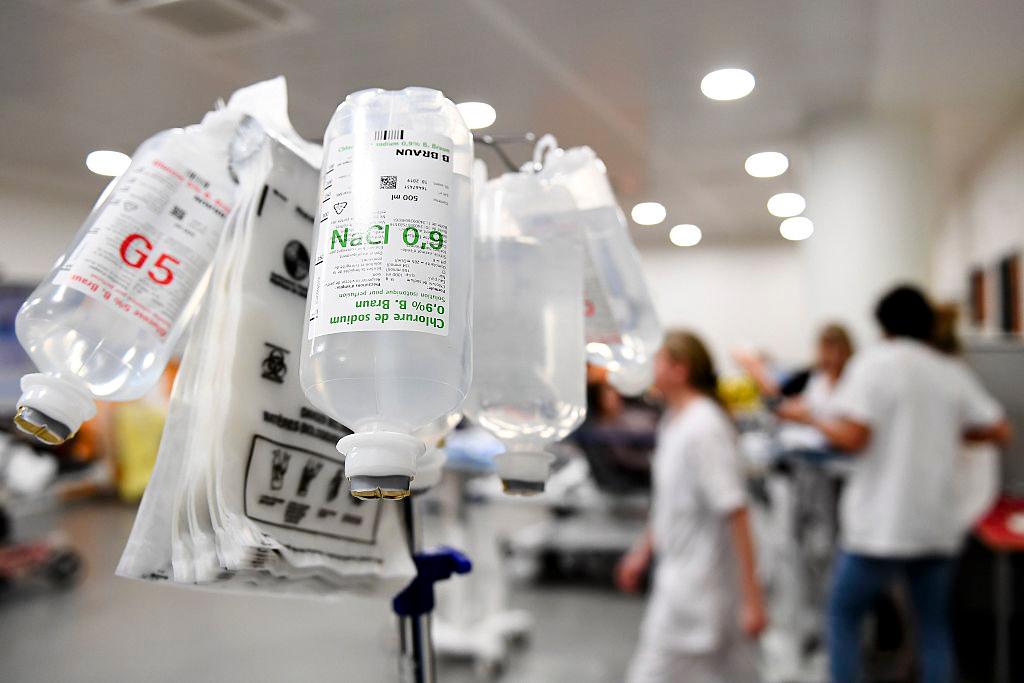Baxter International, the largest manufacturer of certain intravenous (IV) solutions in the United States, shut down its North Carolina plant after being impacted by Hurricane Helene, disrupting critical supply to hospitals.
Baxter’s North Cove plant “was significantly impacted by the rain and storm surge from Hurricane Helene, which was unprecedented in Western North Carolina and resulted in water permeating the facility,” the firm said in an Oct. 3 news release. The facility has been shut down. “We do not yet have a timeline for when operations will be back up and running.”





